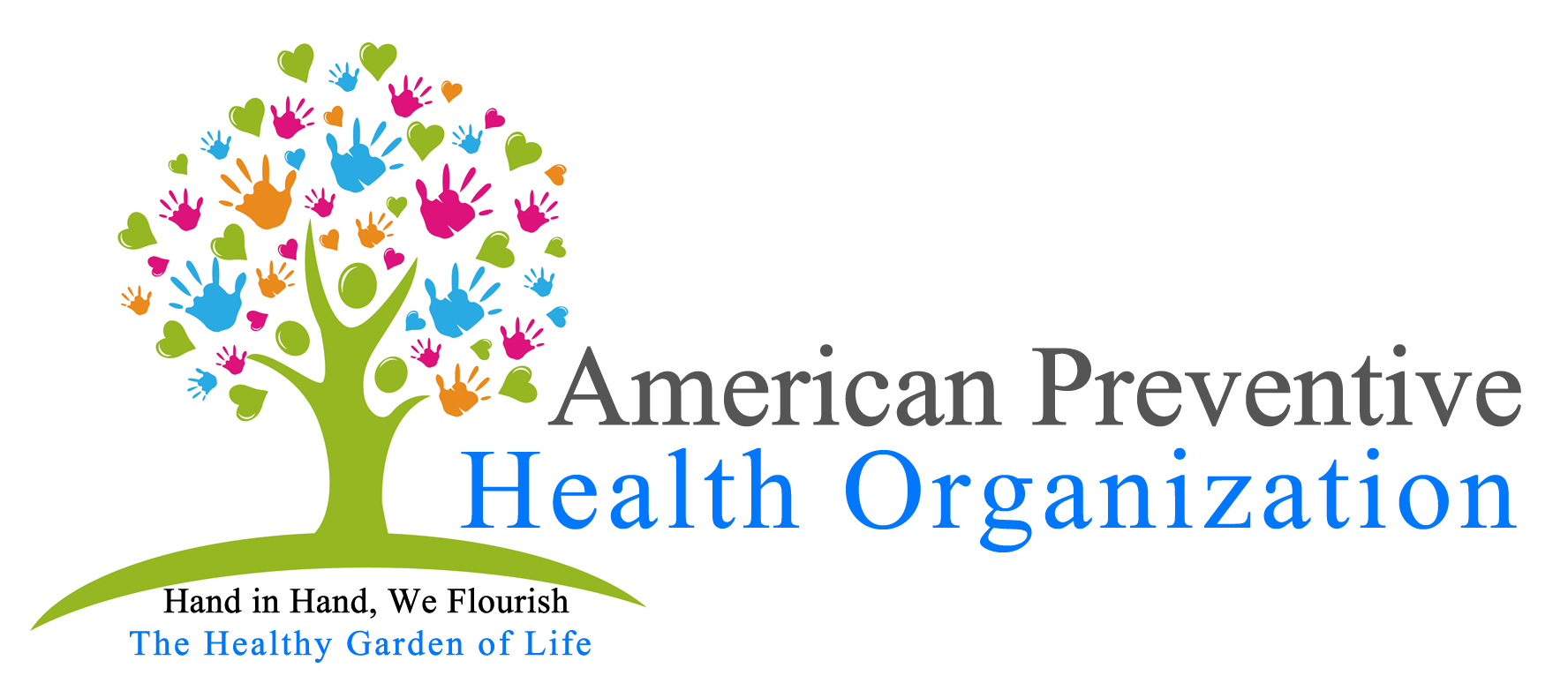
Natural Disasters are impactful events that have the power to alter the lives of individuals and populations who are fortunate enough to come out alive. While one event could happen at a specific location, its aftermaths can be felt by an entire country. Among the most impactful natural happenings are wild fires. California is one state that has been gaining its fame, over the past years, because of its devastating fires that have left families astray and ecosystems damaged.
Today, we witnessed a massive wild fire in our beautiful Lebanon who has been praised over the past centuries for its green forests and beautiful mountains. More than a hundred distinctive forests, all across the nation, and their surroundings, caught fire that spread like a ferocious animal on its pray. This natural massacre has led to a massive destruction and will alter the natural environment of our country. Our entire ecosystem is damaged and transformed due to this one single event.
How will the fire affect our health?
This wild fire that burnt our forests consists of uncontrolled flames. Its smoke is primarily made of carbon dioxide, carbon monoxide, particulate matter, polycyclic aromatic hydrocarbons, nitrogen oxides, and other organic chemicals.
Carbon Dioxide (CO2), that is a colorless gas, is considered to be an asphyxiant that replaces the normal oxygen that we need to breathe. When inhaled in high amounts, it could cause high blood pressure, an abnormal heart beat, confusion, rapid breathing and possible death due to suffocation.
Carbon Monoxide, otherwise known as CO, is a very toxic gas that has no smell and you cannot see it. It can increase the risk of being poisoned by it. You know you are breathing it if you start feeling symptoms like headaches, dizziness, vomiting and nausea. Becoming unconscious happens when you breathe it in at high doses.
Particulate matter is the smallest in size and can be inhaled easily by the lungs leading to many health conditions. These include wheezing, coughing, having sore eyes, developing a sore throat, and not being able to breathe well. Other health consequences can be more devastating and include hospitalization due to asthma and respiratory problems, hospitalization due to heart complications and problems as well as premature death.
Polycyclic aromatic hydrocarbons are what is called humans carcinogens. They pose serious health risks such as having an impaired immune system, lung damage and asthma, kidney damages, liver damages and jaundice, cardiovascular diseases, skin and ocular damages, an abnormal breaking down of red blood cells, and cancer.
Nitrogen oxide is an irritant that can lead to inflammation of the airways and chronic lung disease.
Even if your home was not directly damaged by the wild fire, just by living near a burnt area, you are at risk of inhaling these above-mentioned chemicals caused by the fire itself. You need to be cautious.
How to protect yourself after a fire?
One of the aftermaths of wild fires are both the quality of air and the tremendous amount of ash that is left behind. For those whose homes were burnt down, here are a few tips to stay safe:
- Individuals who have respiratory or cardiovascular diseases, pregnant women, as well as children should be very careful not to breathe in the polluted air. Even if you think that the air does not have a strong ashy smell, the dust coming from the ashes are spread everywhere. These groups of people should not help cleaning the burnt homes and areas.
- When cleaning the ashes, wear long sleeves, pants, gloves as well as shoes and socks. You skin should not come in contact with any ash. In case it did, you should wash it off as soon as possible.
- You have to wear N95 respirators. These are very tightly fitted masks that can filter the ash out when you are breathing in. Even with these masks, children, pregnant women and elderly should not attempt to clean or come near the polluted area/region.
- If while cleaning, you do not feel very well. Seek medical attention.
- Pay attention to carbon dioxide poisoning as well as electrical hazards.
- Wearing a wet towel or a bandana will not limit your exposure to smoke and other harmful inhaled particles. These two will not protect you.
- Make sure you drive your car with closed windows and use Air conditioning.
- Do not ventilate your home while opening your windows. The outdoors are also contaminated. Instead, turn on the AC and/or a mechanical air cleaner.
- Stop smoking.
- Feeling stressed, mad, guilty or depressed after a wild fire is very natural. Make sure you try to cope properly.
How will our ecosystem ache?
Wild uncontrollable fires, like the one that happened in Lebanon, lead to what is referred to as deforestation. Forests are integrated ecosystems that are the home to many lives on earth. When these are lost due to fire, ecological changes occur that can impact the entire region. More than 30% of the oxygen we breathe comes from forests. When a forest is burnt, carbon dioxide accumulates and develops a layer in the atmosphere that traps the sun’s radiation causing global warming. As a result, climate changes will happen such as extreme weather events, rising temperature, and changes in weather and water patterns.
From another angle, this fire will cause an imbalance between the amount of water on land, and the amount of water in the atmosphere leading to dry soil and soil erosion. This will impact our agriculture and our soil’s fertility. Some animal and plant species could become scarce impacting biodiversity. And, when some species are lost, others come to dominate. This will increase the population of rodents that can carry plagues. Also, virus carrying mosquitoes will procreate spreading many infectious diseases and leading to epidemics.
What needs to be done is keep testing the quality of air in the areas surrounding the fires, being very careful when cleaning the burnt regions and homes, and aiming at rebuilding our forests as soon as possible.




4 comments
Very helpful and informative
Thank you Sandra ,Good to know
Thank you Sandra for sharing.
Thank you for sharing.